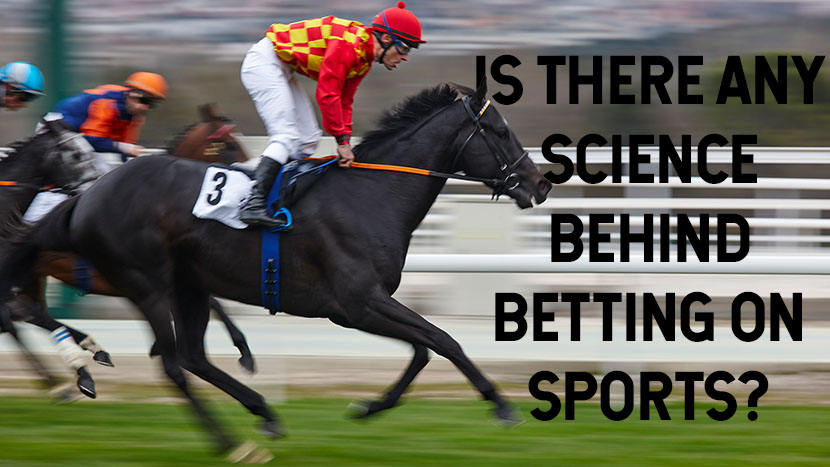Is There Any Science Behind Sports Betting?
Gambling, in all its forms, always has a lot of superstition behind it, but more than that, science and math actually make up a significant part in your probability of winning, and of course for the house to ensure that they still make a profit. But what kind of science can you find behind sports betting? And will understanding it give you a better chance of winning?
In the case of sports betting, data analysis, probability theory, and risk management all play into determining who is most likely to win, and how much the house will pay out to each gambler depending on results. This article will explore the science behind sports betting, touching on three key subtopics: data analysis, probability and odds, and risk management.
Data Analysis: Unveiling Patterns and Trends
Data analysis lies at the core of the science of sports betting. Bettors collect and analyze vast data from team and player statistics to historical match results, injury reports, and weather conditions. By employing advanced statistical techniques like regression analysis and data modeling, they strive to identify patterns and trends that can help make accurate predictions.
By examining historical data, bettors can uncover valuable insights about team performance, individual player statistics, and head-to-head records. For instance, they may discover that a particular team performs better on home ground or that a specific player excels in certain weather conditions. With this knowledge, bettors can make more informed decisions when placing their bets.
Furthermore, machine learning has revolutionized data analysis in sports betting. Machine learning algorithms can be trained on vast datasets to recognize complex patterns and generate predictions. These algorithms consider various factors, including team performance, player form, and situational variables, to produce more accurate forecasts.
Probability and Odds: Calculating the Potential
Probability theory forms the foundation of sports betting. Bookmakers assign odds to different outcomes based on their estimated probabilities. Understanding how to interpret and calculate odds is essential for bettors seeking to identify value in their bets.
By estimating the probability of a particular outcome, bettors can compare it to the odds provided by bookmakers. If a bettor believes that the actual probability is higher than the implied probability represented by the odds, they may identify a valuable betting opportunity. This concept, known as “finding value,” is crucial for long-term profitability in sports betting.
Calculating the potential profitability of a bet relies on the concept of expected value (EV). By multiplying the probability of winning by the potential payout and subtracting the probability of losing multiplied by the amount wagered, bettors can determine the expected value of a bet. A positive EV indicates a potentially profitable bet, while a negative EV suggests an unfavorable wager.
Risk Management: Mitigating Losses and Maximizing Profits
Successful sports bettors understand the importance of managing risk effectively. While data analysis and probability assessment can enhance decision-making, sports betting has no guarantees. Therefore, implementing risk management strategies is vital to long-term success.
One key aspect of risk management is bankroll management. Bettors allocate a specific portion of their overall bankroll for betting purposes, ensuring they do not wager more than they can afford to lose. By setting reasonable betting limits and avoiding impulsive decisions, bettors safeguard themselves from significant financial losses.
Diversification of bets is another risk management technique. Instead of relying solely on a single bet or event, bettors spread their wagers across multiple sports, leagues, or markets. By diversifying their bets, bettors minimize the impact of individual losses and maximize the potential for long-term profitability.
All in all, sports betting is a bit of chance, a lot of probability, and a bunch of data analysis that requires someone with a background in statistics and modelling to help companies understand odds. Knowing this, you could have a better chance of winning some money while betting, but remember to always set yourself limits and keep gambling enjoyable.


































































































